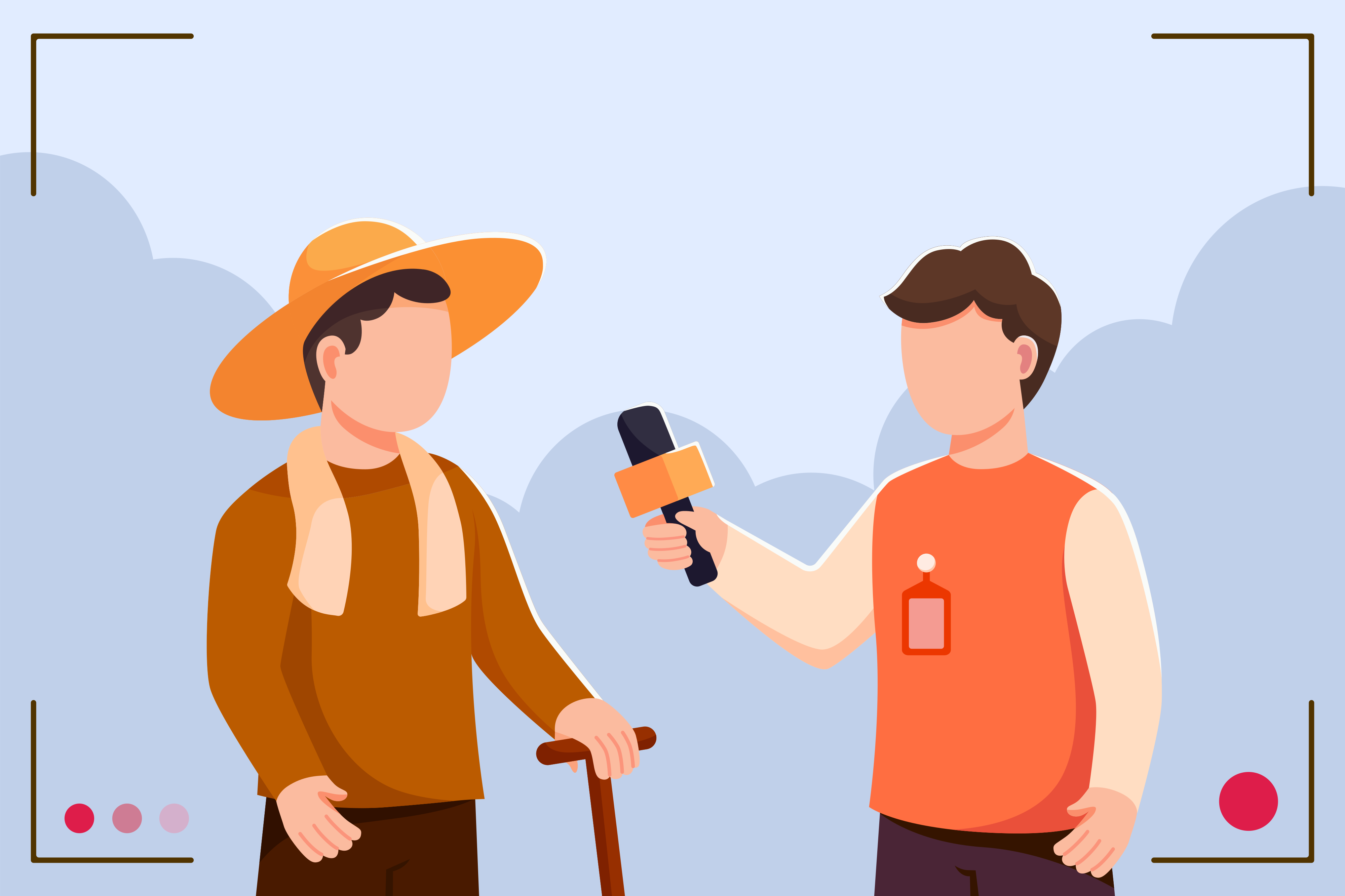A teacher training student explains how and for what she uses AI in her studies.

Editor: Please introduce yourself. How old are you, what are you studying, and what year are you in?
Student: I’m 23, I’m studying to become a teacher with majors in German and Biology, and right now I’m in my fifth semester. So, I’m well into my studies—not a newbie anymore.
Editor: Are you already using artificial intelligence in your studies?
Student: Yes, I am. I was pretty skeptical at first, but now I use AI regularly—especially ChatGPT. It helps me when I need ideas for lesson materials or when I’m structuring a paper. For language editing, I sometimes use DeepL Write, and for quick, concise info, I check Perplexity—that’s actually a tip from a friend.
Editor: What do you like to use these tools for the most?
Student: Mostly for brainstorming. For example, when I need to design a lesson plan for German, I just ask ChatGPT what creative writing exercises there are for middle school. That saves a ton of time. For Biology, I sometimes ask it to explain complex processes—like photosynthesis—in simple terms. I also use it for phrasing, especially when I have to write academically.
Editor: Has this changed the way you study?
Student: Definitely. I used to spend ages trying to start an essay. Now I can ask AI for a rough outline and instantly have a structure guiding me. But I have to say: you can’t rely on it completely. You still have to double-check the info yourself—otherwise, you might end up copying mistakes or inaccuracies.
Editor: Do you know any other AI tools?
Student: Midjourney, Grammarly… I’ve heard of a few, but haven’t tried all of them yet.
Editor: Overall, how do you feel about AI in university?
Student: Mixed feelings, I guess. On one hand, it’s super useful because it takes over some tasks and can really spark ideas. On the other hand, there’s a risk that students just stop doing things themselves and rely on copy-pasting.
Editor: And specifically for your teaching degree—do you find AI useful there?
Student: Absolutely! When you’re training to be a teacher, you constantly have to come up with creative lesson ideas and design materials. AI is super helpful for that. In Biology, you could use it for making flashcards or clear diagrams; in German, for developing writing prompts or structuring text analyses. But: it can’t replace the actual teaching part.
Editor: Do you see any risks?
Student: Sure. Mainly, the risk of getting lazy. Or just adopting information that isn’t actually correct. Plagiarism is an issue too—if you pass off whole texts as your own, that’s not just unethical, it can have real consequences.
Editor: Would you say it’s ethically okay to use AI for university work?
Student: In moderation, yes—as long as you’re transparent about it and edit things yourself. If AI does your entire assignment, you’re not learning anything.
Editor: How should AI use be regulated at university?
Student: I’d like to see clear rules from the university—guidelines on when it’s allowed, how to cite it, and maybe some workshops or courses to help students learn how to use it sensibly.
Editor: What would your ideal AI software be able to do?
Student: It should be factually accurate and always provide sources. Also, I’d love to have settings for different styles—scientific, creative, or educational. It would be awesome if you could generate actual teaching materials, too, like interactive tasks or little learning games for Biology lessons.
Conclusion
Our conversation with this 23-year-old teaching student shows: AI is as much a part of student life now as your daily coffee—it’s basically become standard gear.
For her, AI is mainly an idea booster: it helps brainstorm lesson plans, structure essays, and sometimes even explains those tricky biology concepts clearly so you don’t have to re-read them three times.
But: you still need common sense. She’s aware that AI sometimes gets things wrong, so you’ve got to think, write, and double-check yourself. After all, she doesn’t just want to teach her future students how to find information, but also how to really understand and use it responsibly.
Would you like to save yourself even more time and learn more productively? Then our all-in-one study app Learnboost is perfect for you (start for free). This allows you to create well-structured summaries and flashcards with AI at the push of a button. Study Mode seamlessly helps you learn by heart and repeat. You can answer questions and clarify complex subjects directly with Learnboost's Tutor AI. Good luck with productive learning preparation, memorization and reminders for your exams and learning phases!
Learnboost is the only AI study app you'll ever need. Your all-in-one solution for more productive learning in no time.